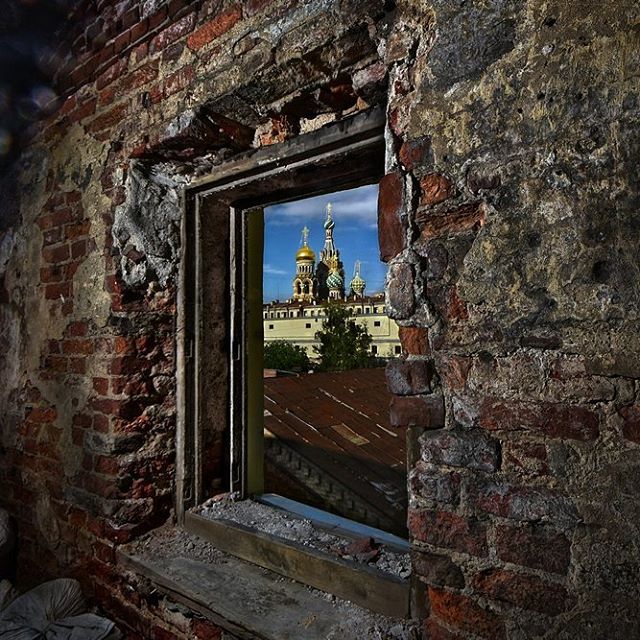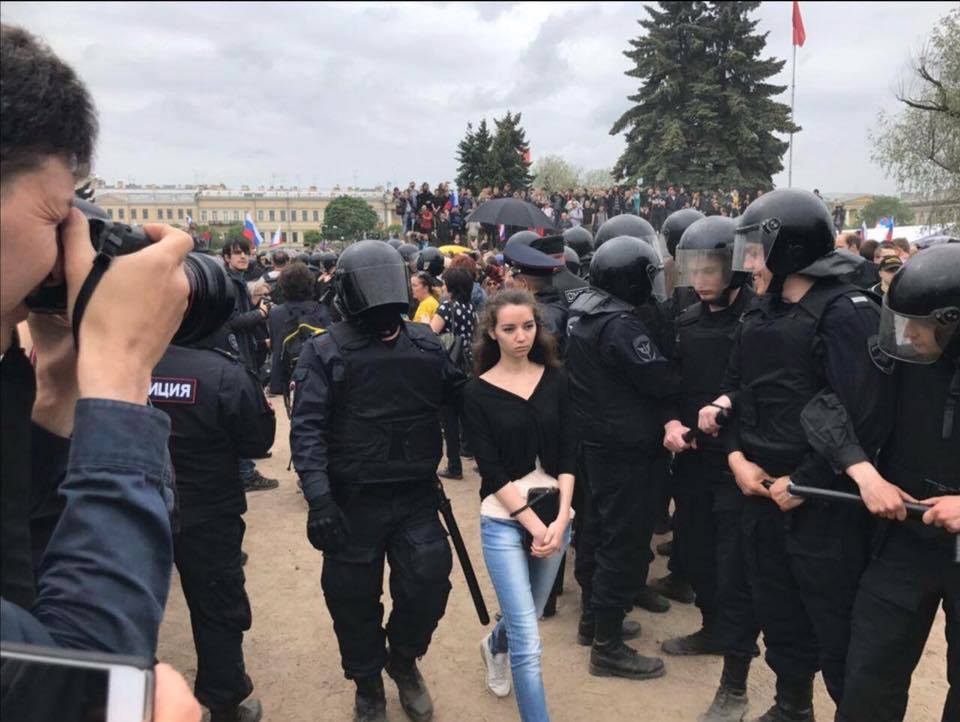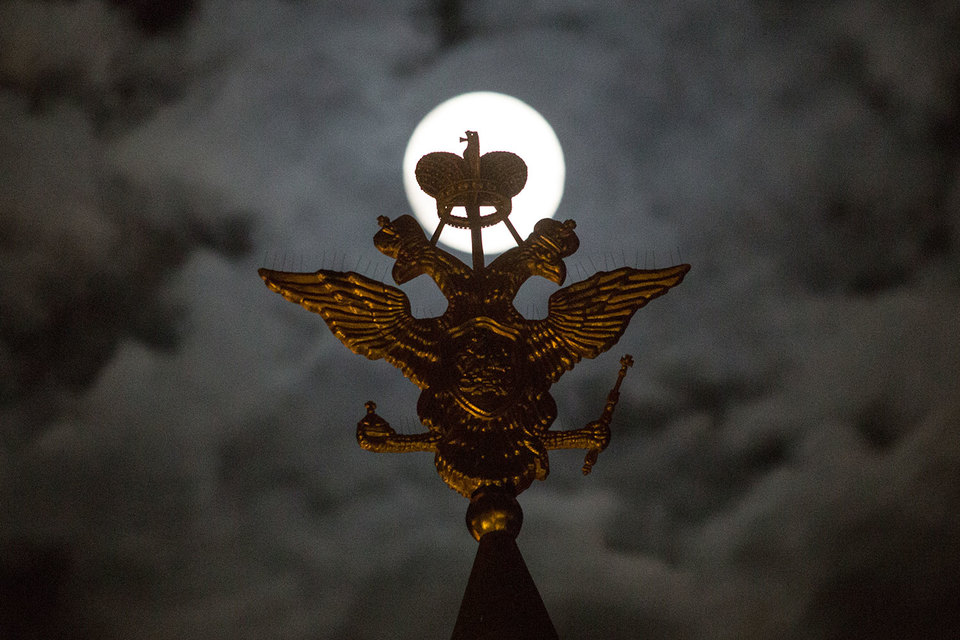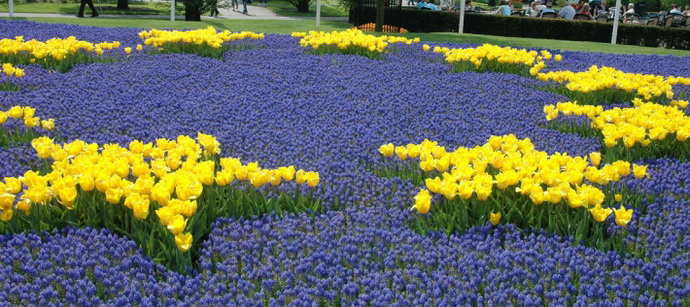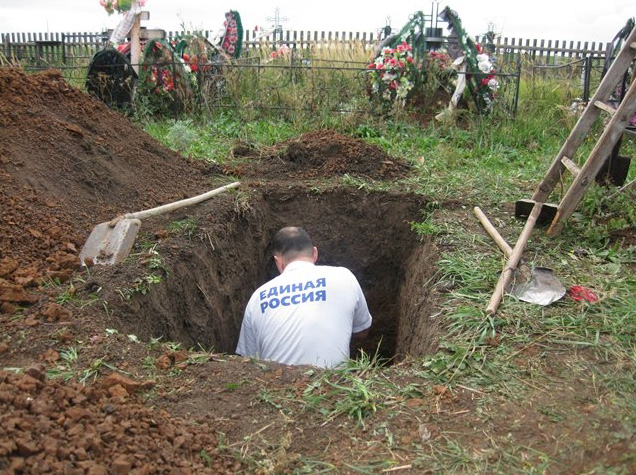Even if Donald Trump or other Western leaders were to recognize a region as lying within Russia’s sphere of influence, Moscow does not have the resources to hold it for long given the hostility to Russia felt by the peoples of the countries within such a sphere, according to Ukrainian commentator Vitaly Portnikov.

It cannot militarily occupy them because that would require more forces than the Kremlin dictator has at his disposal, Portnikov says; and it cannot bribe them because the Russian state today is cutting back its subsidies even for Belarus and occupied Crimea and doesn't have enough funds for its own needs.
That doesn't mean that Putin doesn't dream of such a sphere of influence, the commentator says. He clearly does. And it doesn't mean that Trump or some around him may want to make concessions. But it does mean something fundamental: no “big deal” between them is going to create something Moscow couldn't possibly keep under its control.
That becomes obvious if one looks at the history of the 20th century. At Yalta, the USSR and the West divided Europe, but the division depended on where the forces of each were located. No country where there weren't Soviet forces joined the Soviet sphere; and none where there were Western forces changed sides.
“The Soviet Union was able to hold this sphere of influence only with the assistance of brute military force,” the commentator points out.
And where Moscow couldn't use force as in Yugoslavia and Albania, it quickly lost its positions; and those two countries, each in its own way, moved out of its sphere – and despite much huffing and puffing, there was exactly nothing Moscow could do to stop that process, Portnikov continues.
Of course, “in the division of the world into spheres of influence after World War II, there was not only a military but also an economic dimension,” Portnikov says. The US offered Europe the Marshal Plan, and the USSR had to subsidize “the occupied countries with its own resources.”
Elsewhere, the Soviet Union bought allies with aid packages of various kinds. But “as soon as it turned out that [Moscow] would no longer defend ‘the socialist choice’ with tanks” or send money to its clients elsewhere, the Soviet sphere of influence fell apart in the space of a few months.
The Warsaw Pact and Comecon dissolved, and those “dictators who had been talking about socialism” when Moscow was sending money “suddenly became champions of democracy and friendship with the West,” which had the resources they hoped to acquire. Only Cuba and North Korea appeared immune to this.
“Of course,” Portnikov says, “Vladimir Putin can dream about restoring in a new form the Soviet Empire. He can dream also about the restoration of a Soviet sphere of influence. He can even think that he will be able to reach an agreement about this with the [incoming] American president.”
“But there is a large ‘but’ in this.” And it is this: “There are no Russian forces on the territories, which Putin identifies as in his sphere of influence except Crimea, the Donbas, Abkhazia, South Ossetia, Transdniestria and Belarus. Russia would have to occupy all the rest,” and there is little likelihood any of them would agree voluntarily to that.
Stalin’s “zone of influence was purchased with millions of lives of Soviet soldiers who died in order to secure the dictator not simply a victory over the Reich but also territories in Europe and Asia. Putin’s “zone of influence would also have to be paid for with the blood both of Russians and residents of countries” he wants to include within it.
“Even if Putin conquered everything that he considers Russian and his, this “all” would have to be supported, and Russia simply doesn't have the means for that.” He can’t even pay for what Russians need, let alone what others would require.
Barack Obama wasn't prepared to fall for this given his assessment of Russia’s fundamental weakness.
Donald Trump may have other ideas now and may even think that he can make “a deal” with Putin and that everyone will fall in line, Portnikov says. But that won’t last, because “sooner or later” he will see that the hooligan has to be put in his place or will cause no end of troubles for the world.
For these reasons, the Ukrainian commentator says, “there will not be any American-Russian deal, not because President Donald Trump may not want it but because it cannot be realized by Putin and Russia today.
Related:
- Outline of possible 'Big Deal' between Putin and Trump on Ukraine emerging, Oleshchuk says
- A Trump-Putin deal on Crimea could trigger a much bigger war, Israeli analyst says
- West must look beyond 'symptoms' and deal with the 'disease' Putin represents, Borovoy says
- Khrushchev gave us 'sputnik,' Gorbachev 'perestroika,' and Putin ... 'kompromat'
- Putin conducts his foreign policy like a special op, Melnikov says

